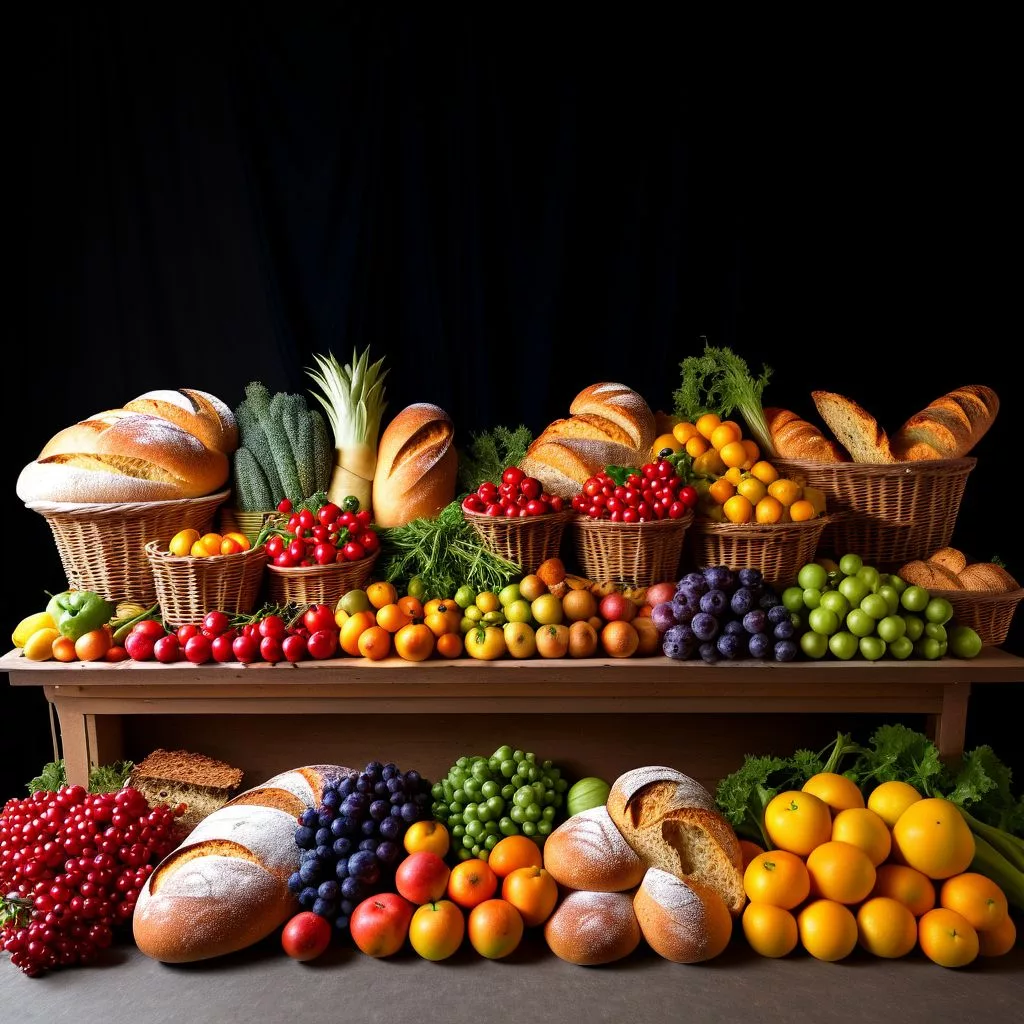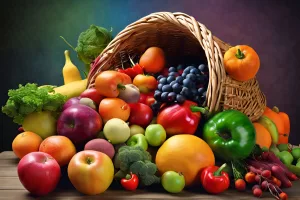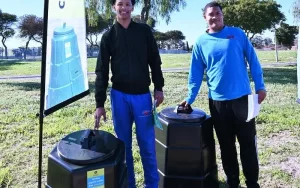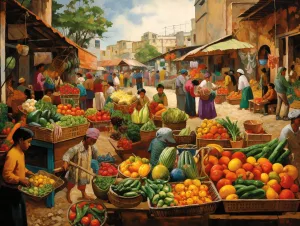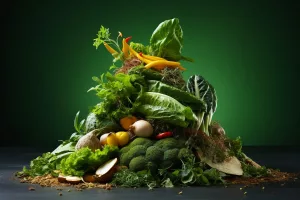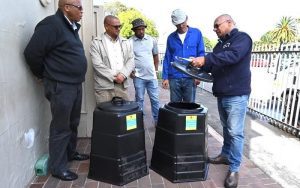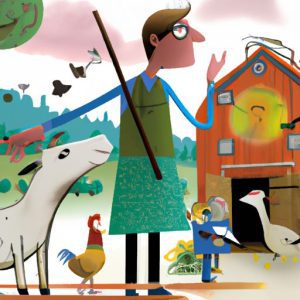Refreshi is a smart South African app that fights hunger and food waste by linking businesses with extra food to people who want to buy affordable surprise bags. Every day, many good meals go to waste while many families go hungry, but Refreshi turns this problem around by making surplus food exciting and accessible. Users buy mystery bags filled with tasty leftovers at a discount, helping the environment and their communities. This simple idea creates a caring network where no food is wasted and everyone benefits.
South Africa is fighting the food waste crisis with creative community projects, education, and new policies. Even though the country produces a lot of food, nearly a third is wasted while many people still face hunger. This waste not only harms the environment but also deepens social divides. To tackle this problem, South Africa is encouraging smarter food use, better distribution, and a shift in how people think about food. By working together, the nation hopes to reduce waste and ensure everyone has enough to eat.
‘Stop Food Waste Day’ is an important day that reminds us to make responsible choices, reduce carbon emissions, and strive for sustainability. Food waste contributes to global warming and climate change by releasing methane gas. We can take simple steps like mindful meal planning, proper storage of food, creative cooking, and supporting food redistribution initiatives to reduce food waste. Businesses also play a significant role in reducing food waste. By making small changes, we can safeguard our future and create a more resilient planet.
Join the fight against food waste this holiday season with practical steps and mindful practices. By planning meals efficiently and purchasing locally and seasonally, we can reduce waste and promote sustainability. Mindful food storage, portion control, and creative use of leftovers are also important techniques. Businesses can also contribute to waste reduction with integrated waste management strategies. Let’s embrace sustainable feasting and build a more responsible and environmentally friendly future.
South Africa is facing a food insecurity crisis due to high food prices and waste. Onethird of all food produced in the country is wasted, leading to the loss of more than 10 million tons of consumable food annually. Simplifying date labels and potentially extending “best before” dates can reduce food waste and improve food security. Organizations like FoodForward SA are working to redirect surplus food to vulnerable segments of society, contributing to a more sustainable and fair food system for all citizens.
Home composting is an effective and straightforward way to reduce waste and decrease greenhouse gas emissions. By composting organic waste, you can turn it into nutrientrich soil that can be used for gardening and landscaping purposes. It can also help households save money on waste disposal costs and reduce reliance on chemical fertilizers.
South Africa is currently facing a severe infestation of German cockroaches due to the rising temperatures and increasing humidity caused by climate change. CropLife, a nonprofit organization that represents manufacturers and suppliers of pesticides, has identified the usage of unregistered pesticides for indoor use and inadequate hygiene practices as the leading factors behind this outbreak.
South African chef Hylton Espey has been making waves in the culinary world through his restaurant, Culture, in Falmouth, UK. The prestigious Michelin Green Star award has recently recognized Espey’s commitment to ethical and environmentally sustainable dining. ### A South African Influence
Cape Town is a city that boasts a unique and diverse range of attractions, making it a fascinating and alluring destination for tourists from all over the world. With its rich cultural heritage, natural beauty, and historical significance, Cape Town is a city that offers an unforgettable experience.

